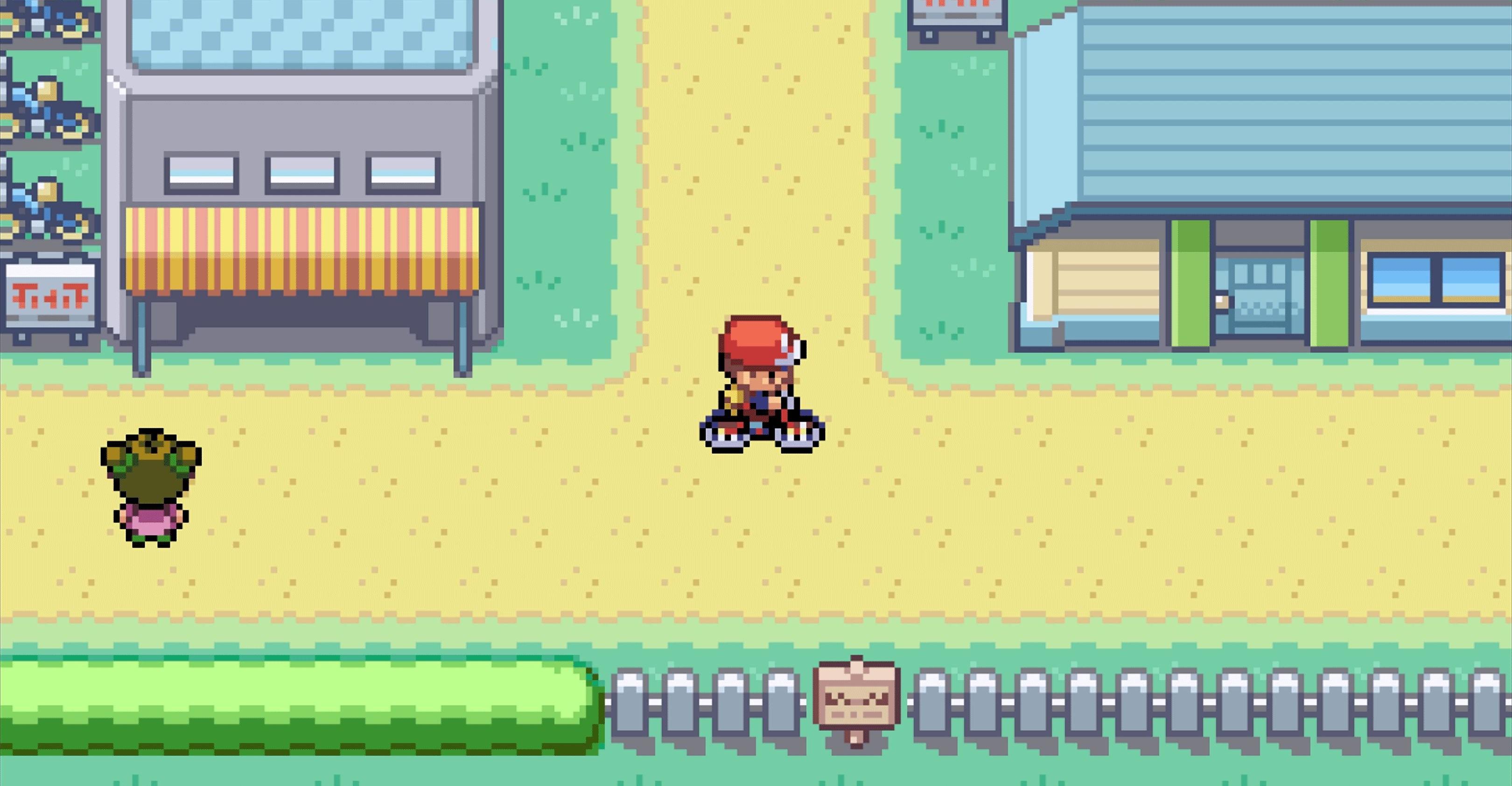Putin signs decree stating buyers must open rouble accounts in Russian banks


Moscow: Russia has told "unfriendly" foreign countries they must start paying for gas in roubles or it will cut supplies.
Vladimir Putin has signed a decree stating buyers "must open rouble accounts in Russian banks" from Friday.
"Nobody sells us anything for free, and we are not going to do charity either - that is, existing contracts will be stopped," the Russian president said.
Mr Putin's demand is being seen as an attempt to boost the rouble, which has been hit by Western sanctions.
His decree means foreign buyers of Russian gas would have to open an account at Russia's Gazprombank and transfer euros or US dollars into it.
Gazprombank would then convert this into roubles which will then be used to make the payment for gas.
Though the order comes into effect for gas exported from Friday onwards, the payments for that gas will not be paid by European buyers until mid-May, Dr Jack Sharples, a research fellow at the Oxford Institute for Energy Studies told the BBC.
That suggests there may not be an immediate threat to supplies.
Mr Putin said the switch to roubles was meant to strengthen Russia's sovereignty, and it would stick to its obligations on all contracts, if Western nations obliged.
Germany said the change announced by Mr Putin amounted to "blackmail".
Since Russia invaded Ukraine, Western nations have issued economic and trading sanctions on Russia, but the European Union has not placed bans on oil or gas, unlike the US and Canada, as its member nations rely heavily on it.
The EU gets about 40% of its gas and 30% of its oil from Russia, and has no easy substitutes if supplies are disrupted. Meanwhile, Russia currently gets €400m (£340m) per day from gas sales to the bloc and it has no way of rerouting this supply to other markets.
For the Kremlin this is designed to suggest a dramatic escalation in the economic battle between the West and Russia over the invasion of Ukraine.
Vladimir Putin has outlined a pathway for the cutting of gas supplies to Europe if Western customers refuse to pay for supplies in the Russian currency the rouble.
However, the market reaction suggests the details of the mechanism mean that, in practice, European customers will just have to change their currency dealers to Gazprombank. That bank has already been left unsanctioned, for the purpose of continuity of energy trade.
As a result, gas prices remain very high, but did not today shoot into the stratosphere. There should be a workaround.
As one leading analyst told me, this solution has "saved face" for Putin, who can sound tough on domestic TV. Ultimately, as Russian officials have repeatedly said for decades, Russian supply of energy to the West continued uninterrupted even during the height of the Cold War.
Ultimately, Russia still needs the money for the gas, and still wants to leave the possibility of a market for its main export once a peace deal is signed. However, it is also true to say that the threat of a cut-off has escalated. EU nations have prepared emergency measures to manage demand, and would be more willing to face that now during spring and summer than winter.
The net effect of the mechanism announced is to limit the ability of the West to freeze the revenues they pay to Gazprom, which Putin described as receiving the gas for free.
Some Ukrainian officials have suggested such an approach. Oil and gas dollars and euros continue to help the Kremlin resist an otherwise tough set of financial sanctions.
Analysts said Russia halting gas flows to EU member countries to "force the issue" would mark a "major escalation not even performed at the height of the Cold War".
"It would mark another major financial blow to Russia's coffers," the analysts at Fitch Solutions added.
It is also unclear whether Russia's new payment mechanism for gas would fully ban payments in euros.
Western companies and governments have rejected Russia's demands to pay for gas in roubles as a breach of existing contracts, which are set in euros or US dollars.
German Chancellor Olaf Scholz said German companies would continue to pay for Russian gas using euros as stipulated in contracts.
Nathan Piper, head of oil and gas research at Investec, told the BBC the move by Mr Putin was an attempt to put economic pressure "back on Europe" and that more foreign exchange demand for roubles would likely push up the value of the currency.
"However, long term Russia needs to remain a reliable supplier of gas so it is unclear if they would actually restrict gas supply," he added.
"That said, even the risk of it is keeping UK/European gas prices at near record highs and six times the 10-year average. This is translating to steep rises in consumers' energy bills."
A helicopter flies over the Nordstream gas pipeline terminal prior to an inaugural ceremony for the first of Nord Stream's twin 1,224 kilometre gas pipeline through the Baltic Sea, in Lubmin November 8, 2011.
The Nord Stream 1 gas pipeline was inaugurated just over a decade ago between Russia and Germany
Dr Sharples of the Oxford Institute for Energy Studies, said the two sides could adapt and continue their trade uninterrupted, or one or both parties could claim breach of contract and escalate the situation.
"One would hope that even if the situation escalated to a point where one or both parties call for arbitration, that the gas would continue to flow. However, a stoppage cannot be ruled out," he said.
Germany, which gets about half its gas and a third of its oil from Russia, has urged its citizens and companies to reduce consumption in anticipation of possible shortages. Austria, which imports about 40% of its gas from Russia, is tightening its monitoring of the market.
Under an existing gas emergency plan, the "early warning phase", which both Germany and Austria have begun, is the first of three steps designed to prepare the country for a potential supply shortage. In its final stage, the governments would bring in gas rationing.
Elsewhere, Bulgaria, which gets 90% of its gas via imports from Russian company Gazprom, has opened a tender for underground drilling as part of plans to almost double the country's gas storage capacity and prepare for any supply disruptions.
While the UK would not be directly impacted by supply disruption, as it imports less than 5% of its gas from Russia, it would be affected by prices rising in the global markets as demand in Europe increases.
The UK government said it was not planning to pay for Russian gas in roubles.
SOURCE: AFP

Ken Watanabe didn’t think a kabuki movie would work
- 7 hours ago
UN chief decries global rise of ‘rule of force’
- 16 hours ago

Super eight: spinners’ magic works as England beat Sri Lanka by 51 runs
- 2 days ago
Iran says any US attack including limited strikes would be ‘act of aggression’
- 19 hours ago
T20 World Cup: Pakistan warn England’s flaky batting to expect a trial by spin
- 19 hours ago

President, PM urge Scouts to assist Govt in dealing with challenges
- 2 days ago

Pakistan, Bangladesh to expand cooperation across diverse sectors
- 2 days ago

Pakistan targets 7 TTP, ISKP hideouts in border operation
- 2 days ago

Nintendo’s next big Pokémon presentation is on February 27th
- 7 hours ago

What are gold rates in Pakistan, global markets today?
- 19 hours ago
Three Federal Constabulary personnel martyred in terrorist attack in KP’s Karak
- 19 hours ago
Security forces neutralise four Indian-sponsored terrorists in Pishin IBO: ISPR
- 19 hours ago










